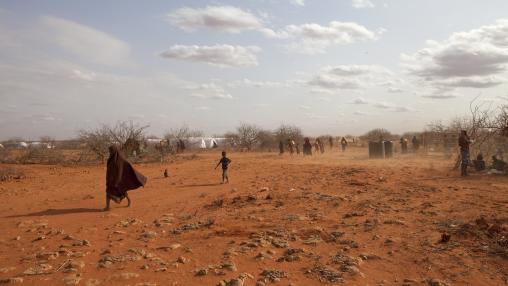
Ethiopia’s 2015 Drought: No Reason for a Famine
This blog was originally posted on IFPRI.org . Written by Shahidur Rashid of the Markets, Trade and Institutions Division and Paul Dorosh of the Development Strategy and Governance Division .

Agricultural Production and Changing Prices: The Case of Teff
Smallholder farmers make up over 90 percent of Ethiopia’s agricultural output and thus play a pivotal role in the country’s food production and availability. However, little research has been done regarding how farmers’ production and supply decisions respond to changes in agricultural prices. These supply responses can have significant implications for overall food security.
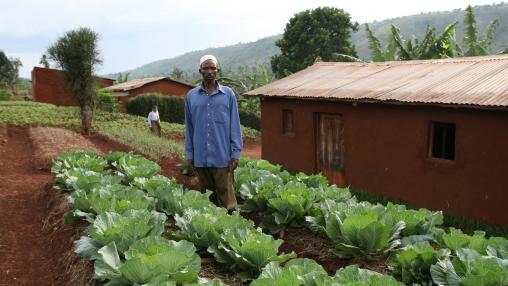
Virtual Dialogue: Constraints and Opportunities for Fertilizer Use
In 2006, the African Union Special Summit of the Heads of State and Government, adopted the 12-Resolution “ Abuja Declaration on Fertilizer for the African Green Revolution” , which aimed to increase Africa’s fertilizer use from the then-average 8kg per hectare to 50kg per hectare by 2015. According to the International Fertilizer Industry Association, however, average fertilizer use in the region today is still only 12kg of fertilizer per hectare, compared to 150kg per hectare average in Asia.
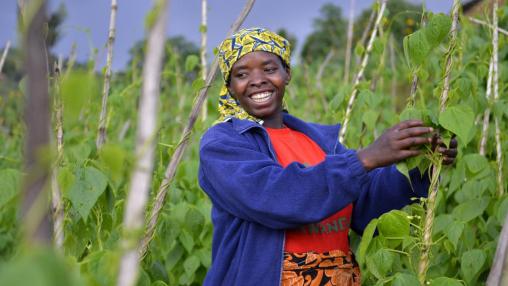
Increasing resilience requires an effective framework for measurement
In the face of price spikes, climate change, and other stressors from the national to the global scale, the promotion of resilience has gained traction in the development community as a means of insuring that populations vulnerable to food and nutrition insecurity are equipped with the tools to survive and even thrive in our unpredictable world.
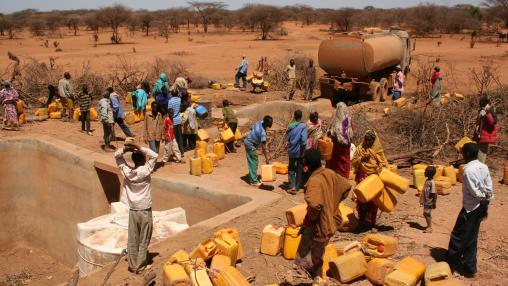
Ethiopia Facing Severe Drought
Ethiopia is currently experiencing the worst drought in 30 years, as failed spring rains combined with El Nino conditions to severely weaken the summer harvests that feed 80-85 percent of the country. However, experts have been quick to emphasize that the current situation will in no way reach the crisis levels seen during the 1984 drought and subsequent famine.
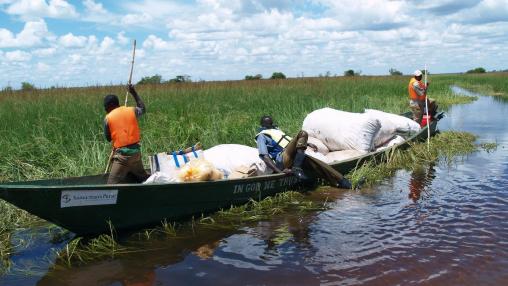
FEWS NET Report Predicts Flooding for Horn of Africa
The 2015-2016 El Niño cycle could bring significant flooding to areas of the eastern Horn of Africa, according to a new FEWS Net Alert released this week. Southern Ethiopia, eastern Kenya, and south-central Somalia are among the areas likely to be affected. FEWS NET warns that the situation could mirror the El Niño-driven floods and subsequent food insecurity seen in 1997, when flooding displaced close to 2 million people throughout the region and led to widespread crop and livestock loss.
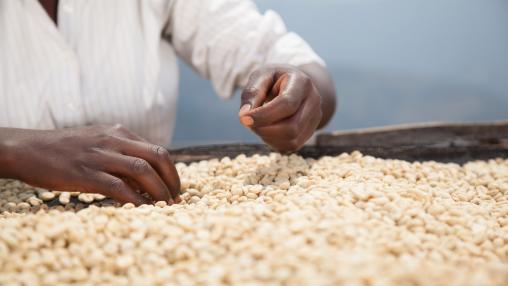
The Ethiopian Commodity Exchange: A Coffee Success Story?
As the only functioning commodity exchange in the Least Developed Countries (LDCs), the Ethiopian Commodity Exchange (ECX) is viewed as wildly successful in modernizing the Ethiopian economy, linking smallholder farmers to markets, and enhancing the country’s food security.
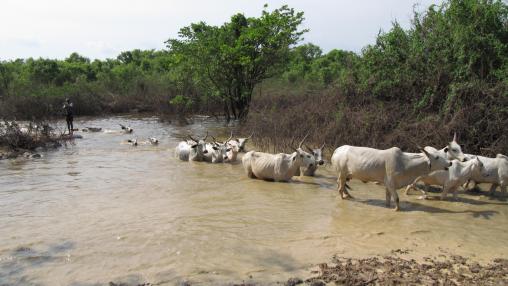
El Niño to Bring Floods, Drought
Farmers and pastoralists throughout Africa could soon be confronting a dual threat, thanks to this year’s potentially record-breaking El Niño phenomenon. The weather system has the potential to cause both severe drought and significant flooding throughout the continent, leading to reduced or damaged crops, income losses, and increased food insecurity for many of the region’s poorest populations.
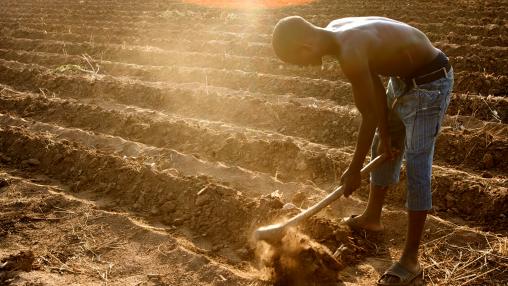
Researchers Renew Call for Increased Fertilizer Use in Africa
African governments need to establish policies and infrastructure to increase fertilizer access and use, concluded a roundtable meeting between IFPRI and the African Fertilizer and Agribusiness Partnership (AFAP), held in Johannesburg in July. Participants agreed that increasing the use of fertilizers is critical in expanding sustainable agricultural production in the region and is in line with the goals of the 2006 Abuja Declaration regarding the use of fertilizers to stimulate a “green revolution” in Africa.
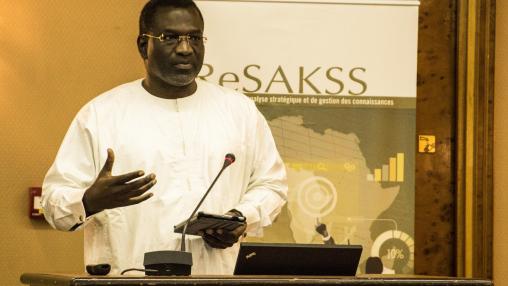
FSP-SSA Featured at ReSAKSS Conference
The Africa south of the Sahara Food Security Portal was presented on September 1 at a side event during the 2015 ReSAKSS Conference. The event focused on “Providing Timely Data and Analysis to Improve Food Security in Africa.”